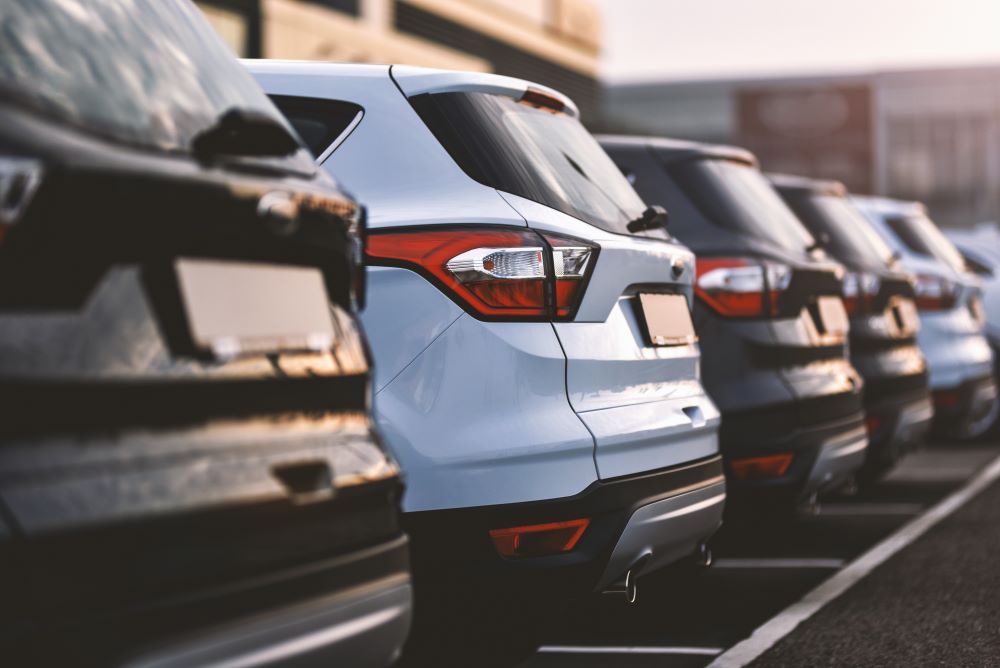Repossessed Cars in 2025 (See More)
Repossessed cars represent a unique opportunity for buyers to acquire vehicles at potentially lower prices than traditional market values. These vehicles, reclaimed by financial institutions due to payment defaults, often come with comprehensive maintenance histories and can be found through various authorized channels, making them an attractive option for cost-conscious car shoppers.

Understanding Bank Repossessed Cars and Their Benefits
Bank repossessed cars are vehicles that financial institutions have reclaimed from borrowers who defaulted on their auto loans. These vehicles typically undergo thorough inspections before being offered for sale, and many retain their warranty coverage. Banks aim to recover their investments quickly, which often results in competitive pricing for potential buyers.
How to Find Repossessed Cars in Your Area
Finding repossessed vehicles locally involves several reliable channels. Major banks maintain online databases of their inventory, while government auctions regularly feature repossessed vehicles. Additionally, specialized auto auction houses frequently handle these sales. Many financial institutions partner with local dealerships to display and sell their repossessed inventory.
Navigating Repossessed Car Listings Online
Online platforms have revolutionized the way people search for repossessed vehicles. Major auction websites provide detailed listings with comprehensive vehicle information, including condition reports, maintenance history, and bidding options. Many sites offer filtering tools to help buyers narrow their search based on location, price range, and vehicle specifications.
Understanding Repossessed Cars Pricing Structure
The pricing of repossessed vehicles varies significantly based on multiple factors, including the vehicle’s condition, age, mileage, and market demand. Here’s a breakdown of typical pricing structures:
| Vehicle Category | Average Discount Range | Typical Condition |
|---|---|---|
| Economy Cars | 20-30% below market | Good to Fair |
| Mid-size Sedans | 25-35% below market | Very Good to Good |
| Luxury Vehicles | 30-40% below market | Excellent to Good |
| SUVs/Trucks | 25-35% below market | Good to Fair |
Prices, rates, or cost estimates mentioned in this article are based on the latest available information but may change over time. Independent research is advised before making financial decisions.
Key Considerations When Buying Repossessed Vehicles
Before purchasing a repossessed car, buyers should conduct thorough research and consider several factors. Important aspects include obtaining a vehicle history report, arranging an independent mechanical inspection, understanding the auction or sales process, and reviewing all available documentation. It’s crucial to factor in potential repair costs and verify the vehicle’s current market value.
Successfully Navigating the Purchase Process
The purchase process for repossessed cars typically involves either direct buying through financial institutions or participating in auctions. Buyers should prepare by:
-
Setting a realistic budget that includes potential repair costs
-
Obtaining pre-approved financing if necessary
-
Understanding the terms and conditions of the sale
-
Inspecting vehicles thoroughly before making a commitment
-
Having funds readily available for immediate purchase
By following these guidelines and conducting proper due diligence, buyers can make informed decisions when purchasing repossessed vehicles. The key to success lies in thorough research, careful inspection, and understanding the specific requirements of the selling institution or auction house.




